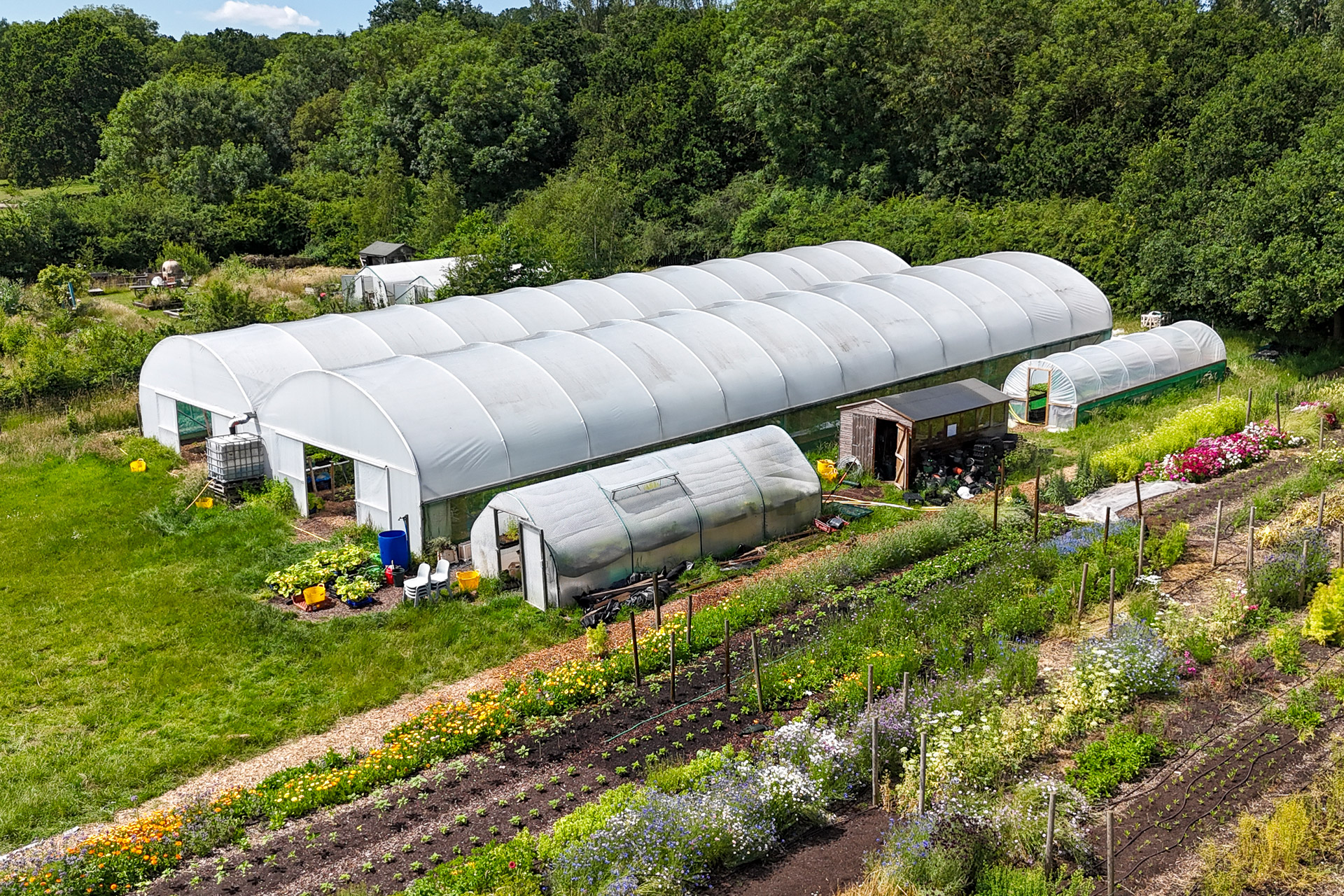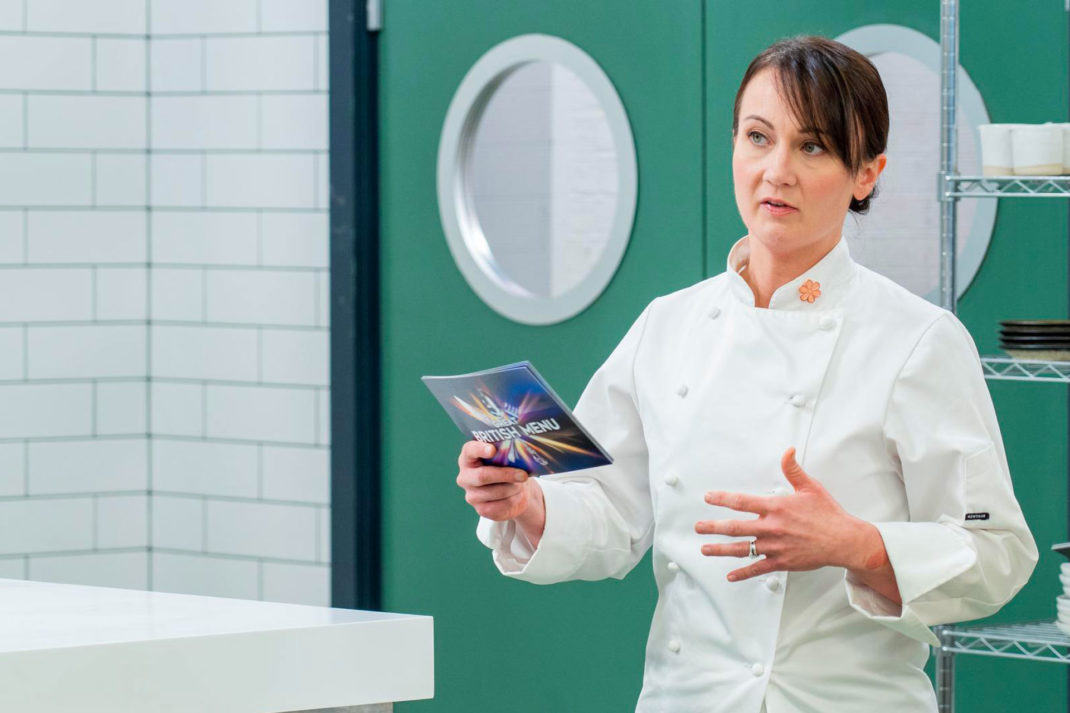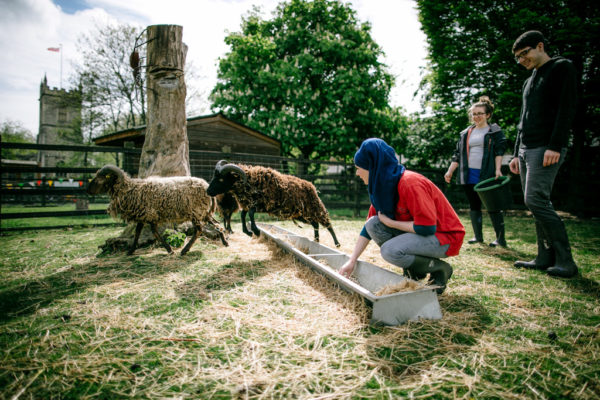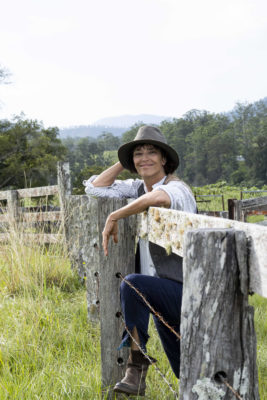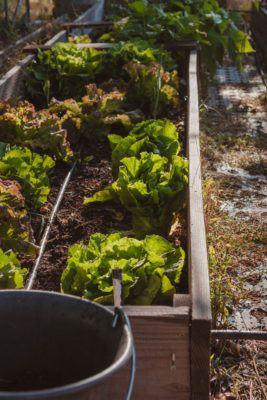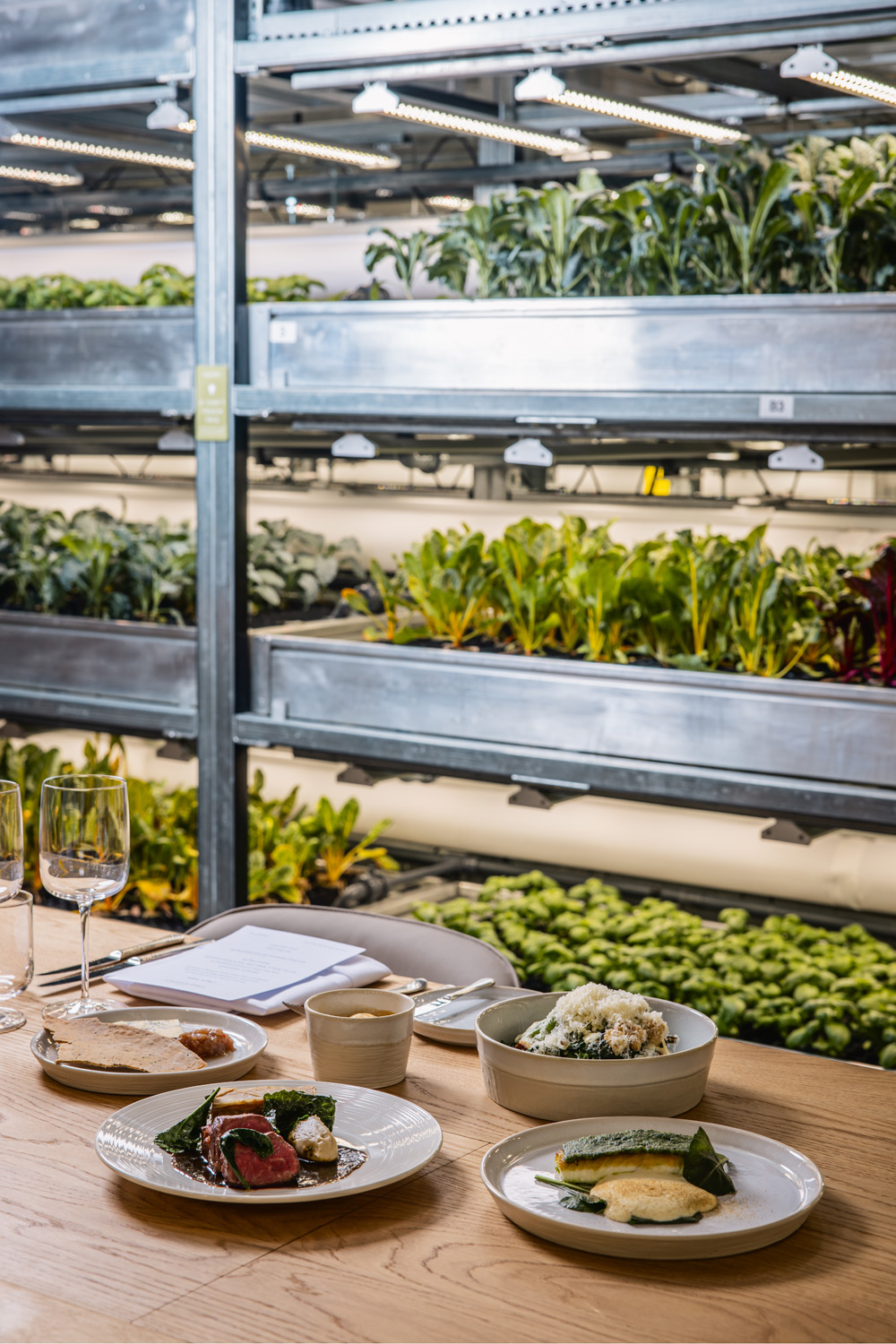
How Are Urban Farms Changing London’s Food Scene?
By
6 months ago
The capital is heralding a new era for modern farming
In the Big Smoke, it’s easy to feel disconnected from the food on our plates. And that’s no surprise: a report published earlier this year by the London Assembly’s Environment Committee found 99 percent of produce had to be brought into the city from other locations. Yet things are changing, thanks to an ever-growing collection of urban farms, which are popping up in unlikely locations across the city.
From Wimbledon to Greenwich, these modern farms are using pioneering technology, vertical farming and as traditional methods to grow fresh produce for the city’s residents, shops and restaurants. Not only does urban farming reduce mileage and carbon emissions, it could be increasingly important as climate change threatens food security.
4 Innovative Urban Farms In London
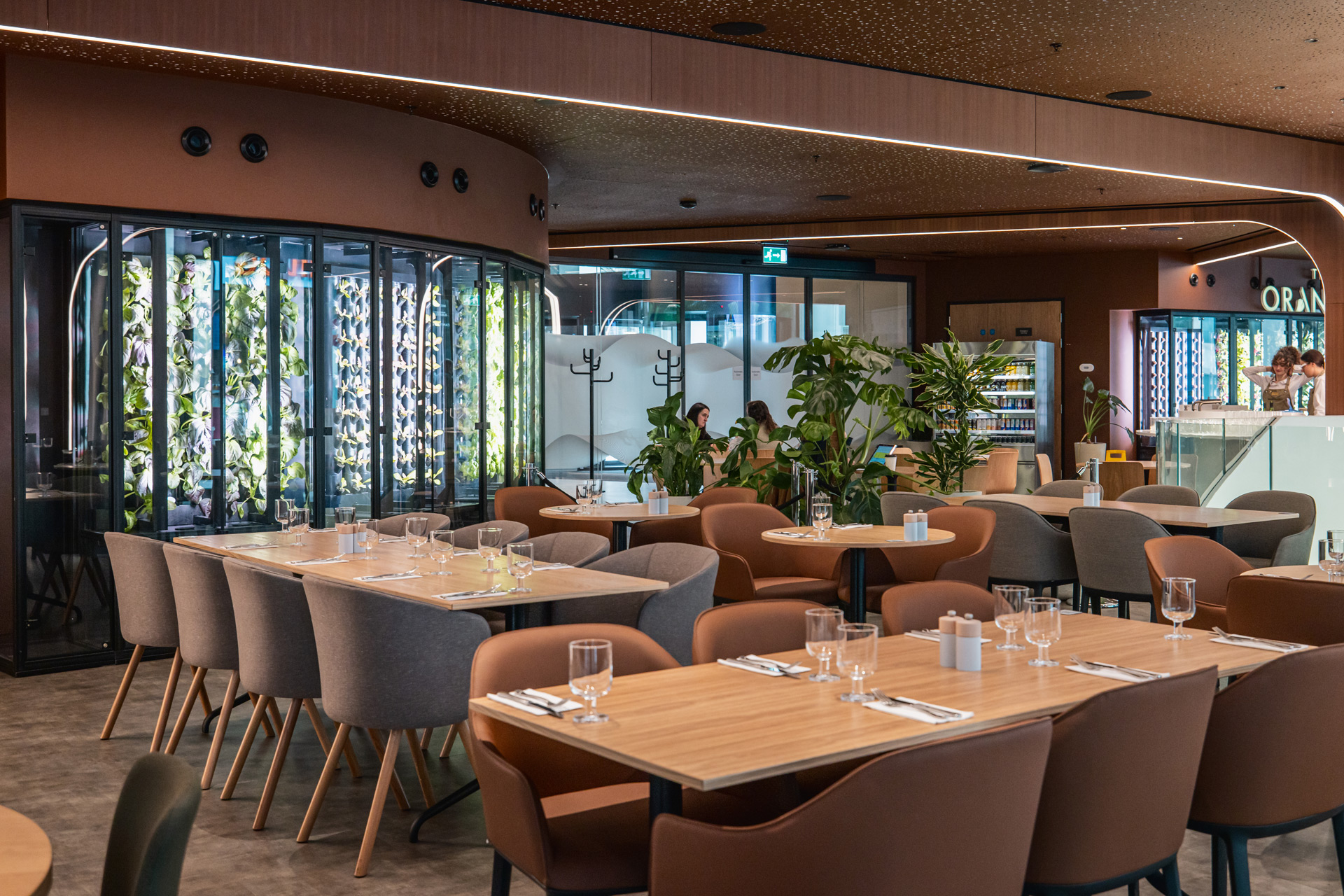
Peter Lowbridge
The Orangery
A farm is the last thing you’d expect to chance upon in one of London’s busiest districts, the Square Mile. Yet that’s exactly what you’ll find at The Orangery, a new restaurant on Tottenham Court Road which is home to a hydroponic farm – a type of horticulture which involves growing plants without soil.
Opened earlier this year in partnership with Square Mile Farms, the venture sees a farm sat directly beneath an eatery, bringing new meaning to the farm-to-fork concept. Here hydroponic technology (including LED lighting and nutrient-rich water) is paired with vertical farming (where crops are grown in vertically stacked layers in controlled environments), achieving a yield which equates to 1.1 acres of traditional farmland. This fresh, pesticide-free produce is then used to produce seasonal menus – think shallot and courgette tart, and roasted cauliflower with toasted chia seed. The Orangery also offers a special experience where diners can eat at the chef’s table within the farm, surrounded by the produce on their plates.
There are many environmental benefits to this style of farming. As Jack Wilson, Farm Site Operations Lead at The Orangery, notes: ‘Hydroponic vertical farming uses significantly less water and land than traditional farming and eliminates the need for pesticides. Because we grow on-site, our ingredients travel just a few metres to the kitchen – it’s about as low food-mile as it gets. This model also provides a scalable, sustainable solution for feeding London’s growing population while engaging local communities in eco-conscious practices.’
And what about the challenges? ‘Space is the big one, and in London, every square metre counts,’ says Wilson. ‘We’ve had to be clever about how we integrate the farm into the building and make the technology work in a city setting. Hydroponic farming also demands specialist care to balance nutrients, light and temperature to keep the plants at their best. But the benefits far outweigh the challenges.’
Harvest London
Chris Davies and Matt Chlebek decided to launch Harvest London in 2017 in the aftermath of the Brexit vote, as concerns surrounding the UK’s food security were mounting. They began by setting up a tiny farm in East London, using vertical farming techniques to grow fresh herbs and salad leaves, as well as specialist ingredients like Thai basil, Peruvian black mint and perilla.
In 2020, Harvest London launched a second farm in Canada Water, this one much bigger. Located within multi-faceted venue Corner Corner, the farm uses controlled settings to provide crops with the perfect amount of light, water and nutrients needed to thrive, which means year-round produce with no pesticide needed. The lettuce, herbs and leafy greens are used by places like the Pear Tree kitchen as well as sold to locals.
One of the biggest criticisms of vertical farming is the high energy and operational costs – but Chlebek argues that scaling up changes things. ‘The bigger you build, the better your returns,’ Chlebek told Vertical Farm Daily. ‘Not just because of economies of scale, but because larger farms have access to better energy deals. HVAC systems, lighting, and climate control get significantly cheaper per unit of production in a large-scale farm. That’s why supermarket-focused farms need to be big.’
Sitopia Farm
Opened in 2021 following a successful crowdfunding project, Sitopia Farm is a small, organic farm spread across two acres of land in Greenwich, run by a 100 percent female team. The name was coined by Carolyn Steel in her 2020 book, which explores how changing our food and farming systems could save the planet. At Sitopia Farm, founder Chloë Dunnett and her team are trying to do just that, going back to the roots – quite literally – of the problem by practising no-dig, pesticide-free farming which prioritises the health of the soil.
‘We are a not-for-profit social enterprise, on a mission to change the food system,’ says Dunnett. ‘We live in a world shaped by food, a Sitopia. At the moment, we live in a bad Sitopia. Our food system is broken. The world is in the grip of multiple crises: the climate emergency; food poverty; diet-related mental and physical disease and many of us feel totally disconnected from the natural world. We’re on a mission to change this.’
The idyllic farm offers vegetable box and flower subscriptions, and hosts monthly pop-up shows where you can pick up fresh produce and have a nosy around the site. It also supplies chefs, shops and restaurants across London, including Panzer’s Deli and The Dusty Knuckle Bakery. Alongside this, Sitopia Farm runs courses in organic farming, and family-friendly events designed to teach children (and adults) about where our food comes from.
The Rooftop Farm Wimbledon
The Wimbledon Quarter recently underwent a big redevelopment, which saw an unused section of roof space transformed into a small farm. It began in 2022 in a bid to find a way of recycling coffee grounds, which are abundant in Wimbledon from all the local cafes – and, helpfully, provide the perfect base for mushrooms to grow. Before long, the rooftop was growing everything from oyster to shiitake mushrooms, which are used by nearby restaurants like The Fox and Grapes in Wimbledon Village and The Bingham Riverhouse in Richmond. This has had a big impact on coffee waste: a total of 2,496kg of coffee is recycled through the farm each year.
There are also three apiaries homing around 180,000 bees, which produce honey. Under the helm of community-focused beekeeping organistion BeeUrban, the hives make around 360 jars a year. Alongside this, the farm produces crops: microgreens such as radishes, leeks and rainbow chard, herbs from coriander to mint, and salad plants including tomatoes, squash and chillies. And, of course, strawberries are grown here, ready in time for the Wimbledon Championships.
Eco-friendly practices are used throughout. ‘We grow a lot of stuff in old shopping crates, on things that may have gone to waste usually,’ Ned Wainwright, who helps to manage the farm, tells us. No herbicides or pesticides are used, and a drip irrigation system is currently in the works, which will complement the rainwater harvesting from gutters in the farm area.
Naturally, being on a rooftop in the middle of London means there are a variety of different weather conditions to navigate. ‘It’s dependent on the weather, it’s a bit of a micro-climate,’ adds Wainwright. ‘When it gets very hot, someone has to be there watering seven days a week, so it’s very labour-intensive but also not producing tonnes.’
Going forwards, a key focus is education. By partnering with local societies and organisations like Merton Sustainable Gardens, groups are able to come in and check out the farm, learning about how to grow produce. ‘The idea is to inspire people with a small balcony or a small patio in terms of what they could do.’


